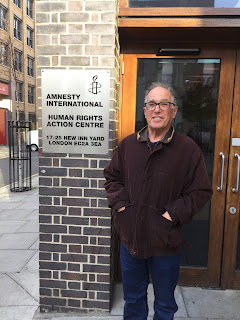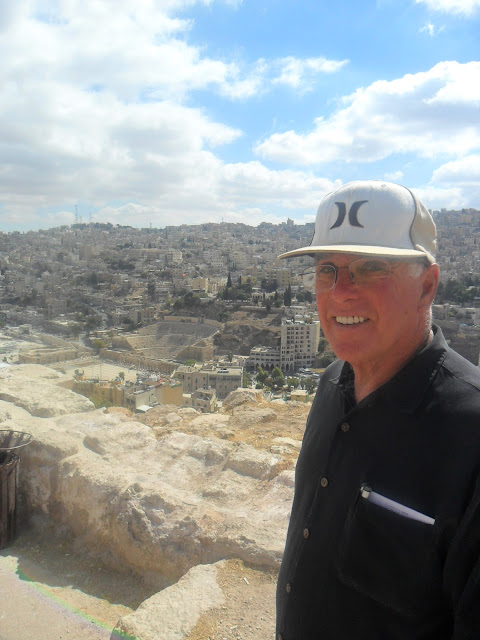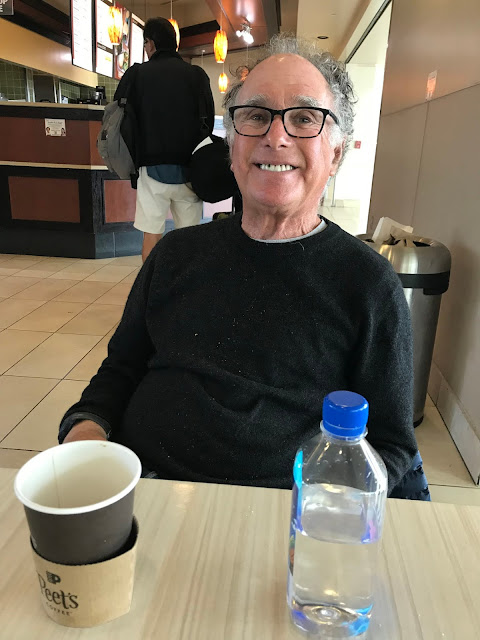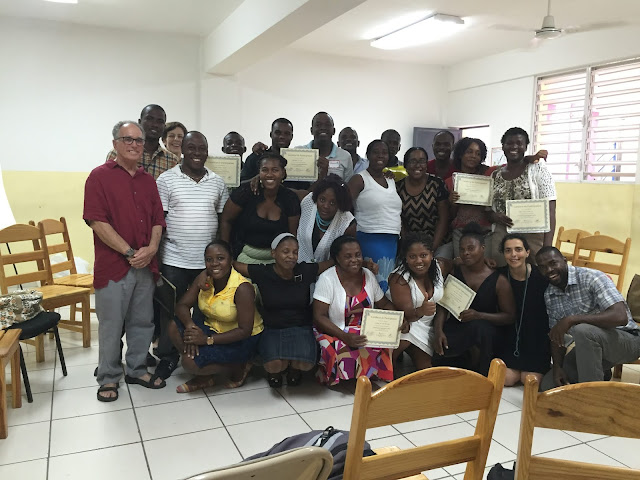Former SJSU Professor Dr. Lewis Aptekar, attending a lecture in New Delhi

Former SJSU Professor Dr. Lewis Aptekar, attending a lecture in New Delhi, India. Dr. Aptekar is a licensed Clinical Psychologist. Former San Jose State Professor and author of the book “Street Children of Cali,” Dr. Lewis Aptikar, studying in the library. Former Professor Dr. Lewis Aptekar, at Lima, Peru for the Latin American Psychological Association. Dr. Aptekar has a Ph.D. in Clinical Psychology.











